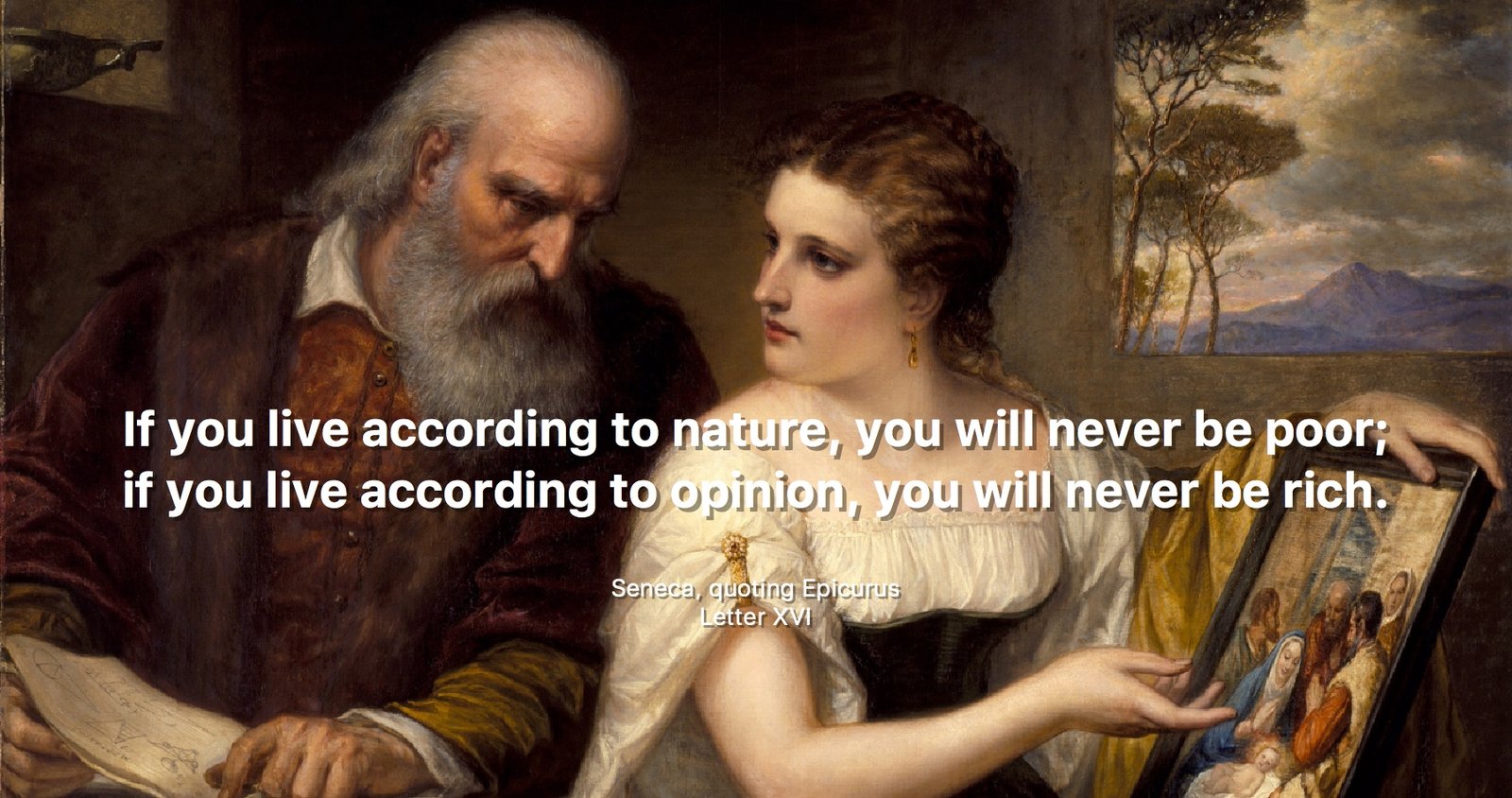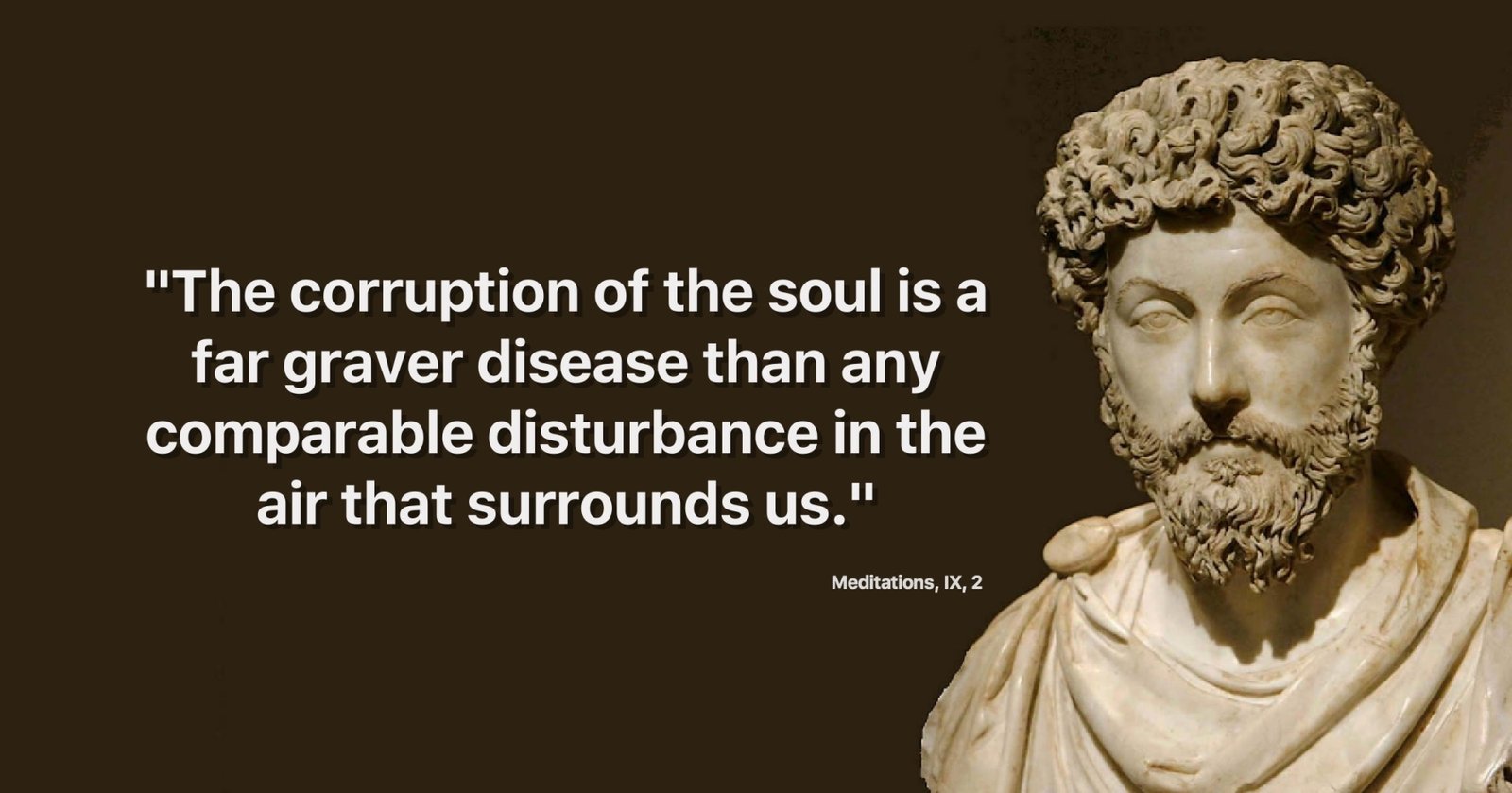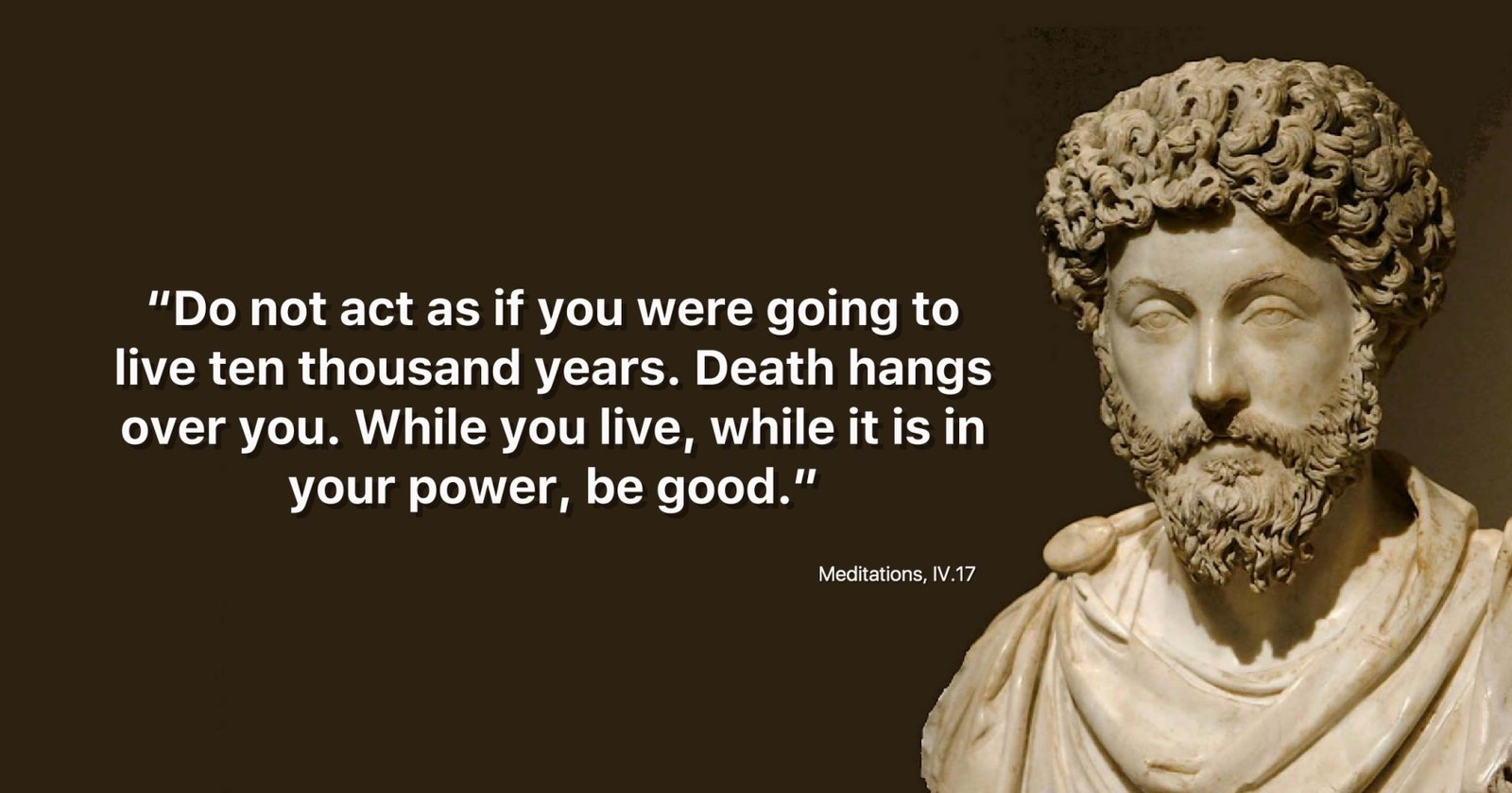Would stoicism be useful for religious people? and for atheists and agnostics? Seneca says yes, and for everyone. The basic idea of letter 16 is made clear in its first lines: “no man can live a happy life, or even a supportable life, without the study of wisdom” (XVI, 1)
However, the study of philosophy is really a love of wisdom, and should not be pursued for trivial matters, as Seneca makes clear shortly afterwards (this would virtually eliminate much modern academic philosophy):
“Philosophy is no trick to catch the public; it is not devised for show. It is a matter, not of words, but of facts. It is not pursued in order that the day may yield some amusement before it is spent, or that our leisure may be relieved of a tedium that irks us. It moulds and constructs the soul;” (XVI.3).
In the fifth paragraph Seneca presents an interesting argument as to why philosophy should be our guide in life, regardless of our (metaphysical) religious positions:
“whether Fate binds us down by an inexorable law, or whether God as arbiter of the universe has arranged everything, or whether Chance drives and tosses human affairs without method, philosophy ought to be our defence.” (XVI, 5)
Observe the three possibilities considered: inexorable destiny, or what we would today call determinism; God as the master planner of everything that happens in the universe, similar to the Christian idea of Providence; or chance, the epicurean chaos that typifies a cosmos in which God plays no active role.
This is nothing different from what Marcus Aurelius stated in his Meditations:
“Either there is a fatal necessity and invincible order, or a kind providence, or a confusion without a purpose and without a director. If then there is an invincible necessity, why dost thou resist? But if there is a providence which allows itself to be propitiated, make thyself worthy of the help of the divinity. But if there is a confusion without a governor, be content that in such a tempest thou hast in thyself a certain ruling intelligence. ” (Meditations XII, 14)
Seneca then pulls out one of Epicurus’ not rare positive quotes: “This also is a saying of Epicurus: “If you live according to nature, you will never be poor; if you live according to opinion, you will never be rich.“. (XVI.7)
The letter concludes with this agreeable and instructive contrast, which leads to a profound truth:
Suppose that fortune carries you far beyond the limits of a private income, decks you with gold, clothes you in purple, and brings you to such a degree of luxury and wealth that you can bury the earth under your marble floors; … Natural desires are limited; but those which spring from false opinion can have no stopping-point. The false has no limits. (XVI, 8-9)
Points:
- Philosophy is useful for both the atheist and the faithful;
- Live according to nature;
- Natural desires are limited
image: “Philosophy and Christian Art” by Daniel Huntington
XVI. On Philosophy, the Guide of Life
1. It is clear to you, I am sure, Lucilius, that no man can live a happy life, or even a supportable life, without the study of wisdom; you know also that a happy life is reached when our wisdom is brought to completion, but that life is at least endurable even when our wisdom is only begun. This idea, however, clear though it is, must be strengthened and implanted more deeply by daily reflection; it is more important for you to keep the resolutions you have already made than to go on and make noble ones. You must persevere, must develop new strength by continuous study, until that which is only a good inclination becomes a good settled purpose.
2. Hence you no longer need to come to me with much talk and protestations; I know that you have made great progress. I understand the feelings which prompt your words; they are not feigned or specious words. Nevertheless I shall tell you what I think, – that at present I have hopes for you, but not yet perfect trust. And I wish that you would adopt the same attitude towards yourself; there is no reason why you should put confidence in yourself too quickly and readily. Examine yourself; scrutinize and observe yourself in divers ways; but mark, before all else, whether it is in philosophy or merely in life itself[1] that you have made progress.
3. Philosophy is no trick to catch the public; it is not devised for show. It is a matter, not of words, but of facts. It is not pursued in order that the day may yield some amusement before it is spent, or that our leisure may be relieved of a tedium that irks us. It moulds and constructs the soul; it orders our life, guides our conduct, shows us what we should do and what we should leave undone; it sits at the helm and directs our course as we waver amid uncertainties. Without it, no one can live fearlessly or in peace of mind. Countless things that happen every hour call for advice; and such advice is to be sought in philosophy.
4. Perhaps someone will say: “How can philosophy help me, if Fate exists? Of what avail is philosophy, if God rules the universe? Of what avail is it, if Chance governs everything? For not only is it impossible to change things that are determined, but it is also impossible to plan beforehand against what is undetermined; either God has forestalled my plans, and decided what I am to do, or else Fortune gives no free play to my plans.”
5. Whether the truth, Lucilius, lies in one or in all of these views, we must be philosophers; whether Fate binds us down by an inexorable law, or whether God as arbiter of the universe has arranged everything, or whether Chance drives and tosses human affairs without method, philosophy ought to be our defence. She will encourage us to obey God cheerfully, but Fortune defiantly; she will teach us to follow God and endure Chance.
6. But it is not my purpose now to be led into a discussion as to what is within our own control, – if foreknowledge is supreme, or if a chain of fated events drags us along in its clutches, or if the sudden and the unexpected play the tyrant over us; I return now to my warning and my exhortation, that you should not allow the impulse of your spirit to weaken and grow cold. Hold fast to it and establish it firmly, in order that what is now impulse may become a habit of the mind.
7. If I know you well, you have already been trying to find out, from the very beginning of my letter, what little contribution it brings to you. Sift the letter, and you will find it. You need not wonder at any genius of mine; for as yet I am lavish only with other men’s property. – But why did I say “other men”? Whatever is well said by anyone is mine. – This also is a saying of Epicurus:[2] “If you live according to nature, you will never be poor; if you live according to opinion, you will never be rich.“
8. Nature’s wants are slight; the demands of opinion are boundless. Suppose that the property of many millionaires is heaped up in your possession. Assume that fortune carries you far beyond the limits of a private income, decks you with gold, clothes you in purple, and brings you to such a degree of luxury and wealth that you can bury the earth under your marble floors; that you may not only possess, but tread upon, riches. Add statues, paintings, and whatever any art has devised for the satisfaction of luxury; you will only learn from such things to crave still greater.
9. Natural desires are limited; but those which spring from false opinion can have no stopping-point. The false has no limits. When you are travelling on a road, there must be an end; but when astray, your wanderings are limitless. Recall your steps, therefore, from idle things, and when you would know whether that which you seek is based upon a natural or upon a misleading desire, consider whether it can stop at any definite point. If you find, after having travelled far, that there is a more distant goal always in view, you may be sure that this condition is contrary to nature.
Farewell





